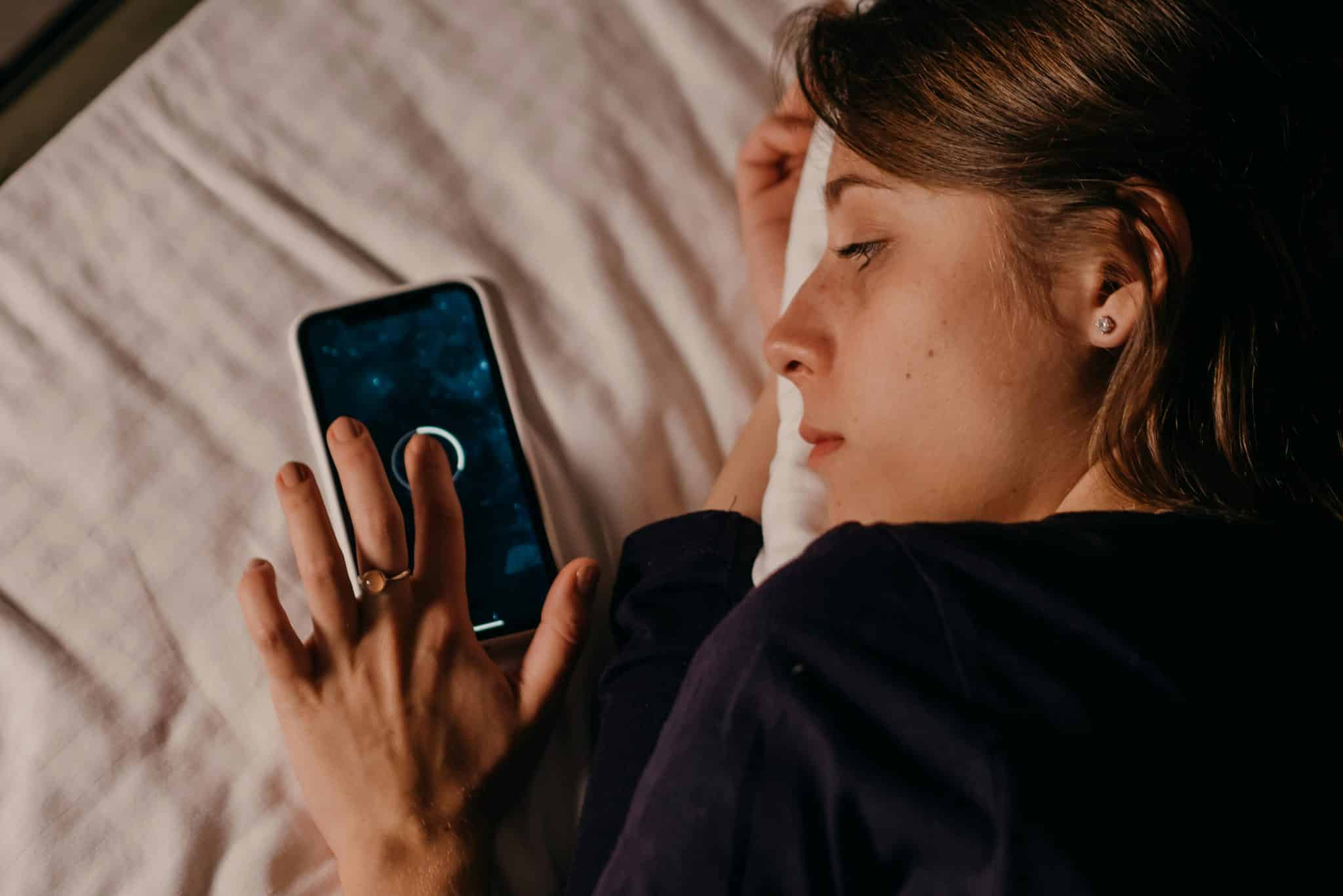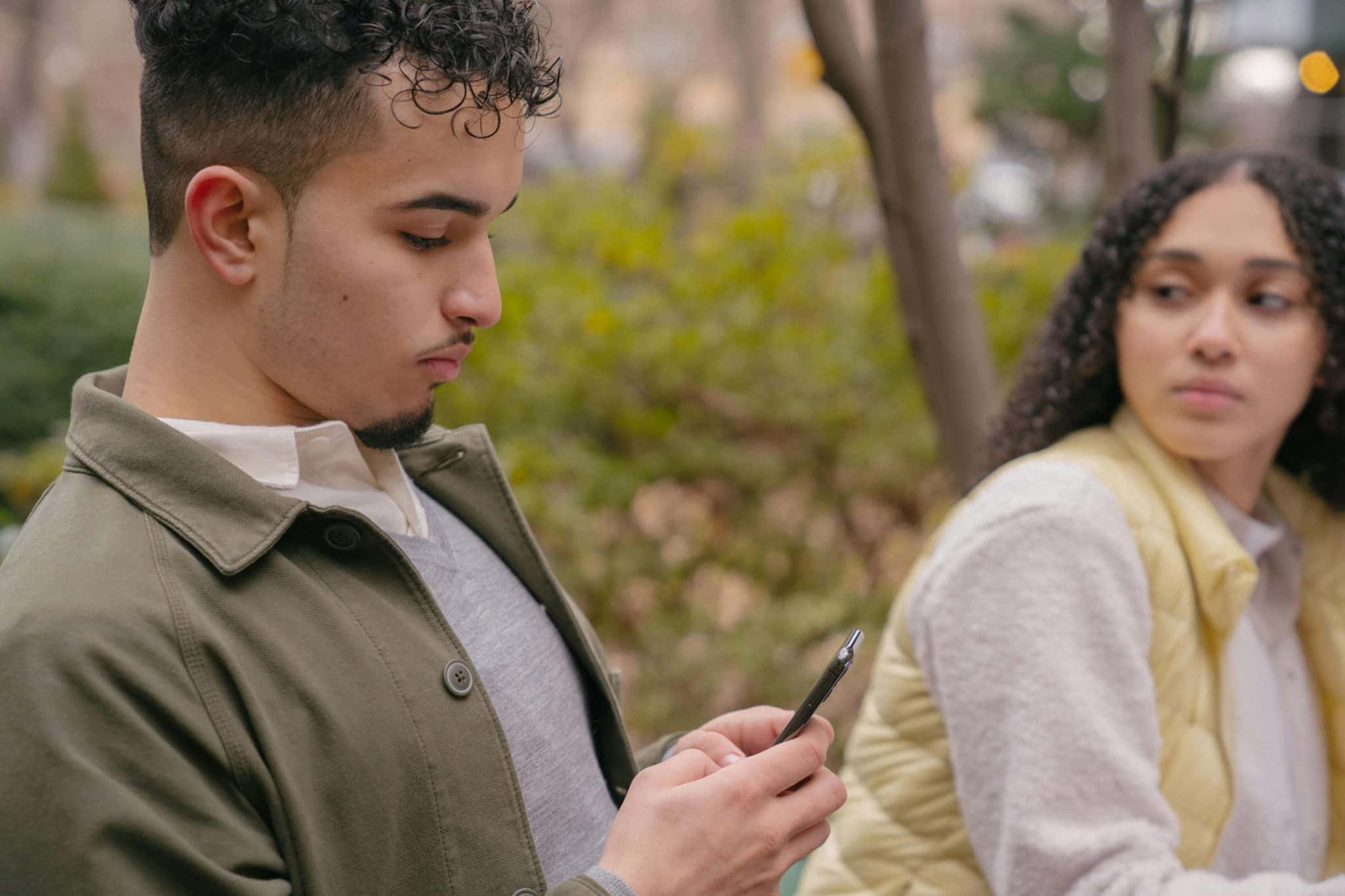Tyler Shores: Escaping Digital Distraction to Read and Write

At Freedom, we love our users – not just because they use our product, but because they’re cool – cool people working on cool stuff. Academy Award-nominated screenwriters, bestselling authors, editors, journalists, developers, illustrators, designers, academics, coaches, podcast hosts, explorers, and entrepreneurs – the Freedom community is packed with curious, creative, and passionate go-getters. We love to share their stories, advice, and process because how better to learn about productivity than from the productive?
Meet Tyler Shores.
Tyler is a writer, editor, and researcher with a passion for technology and education. He received his master’s degree from the University of Oxford, where his research included literary copyright, digital technology, and books as physical and digital objects. His previous professional experience includes working at Google as part of the Authors@Google program, (now Talks at Google) and creating and teaching a famous course at The University of California, Berkeley called ‘The Simpsons and Philosophy.’ He was even on an episode of The Simpsons.
His current research includes the experience of print and digital reading, attention and distraction, and the impact of digital technology in everyday life; and he has published on social media, online culture and philosophy.
Tyler is currently pursuing a PhD in education at the University of Cambridge, studying how reading in print versus on screen influences our engagement with the books we read.
With such an impressive resume and interest in topics near and dear to our heart, we were curious to sit down with Tyler this week to learn a little more about how he manages to find focus amongst all the digital distraction.
How did you know that you wanted to be a writer, researcher, and editor and what were your first steps in making this your career?
During my career, I was able to work on a program called Authors@Google based out of the main Google office in Mountain View, California. I managed a number of events with some of the most fascinating authors I could ever hope to meet. I have been a teacher at heart for a long time, and hearing all of those authors talk about their work inspired me that the written word could be a powerful way of reaching people with useful information to share.
I’m also currently working on a book based upon my current research on digital distractions at the University of Cambridge. Freedom and other anti-distraction apps provide both excellent primary experience for such writing and also help to make such writing possible.
While working at Stanford, I decided I wanted to be better prepared to help bring the valuable insights of educational and scholarly research to the actual learning outcomes and reading habits of everyday students, teachers, and readers.
At what point did you realize that tech was taking a toll on your productivity, time, and relationships? When did you know that you had to do something about it?
Not unlike Nicholas Carr’s revelation in his book The Shallows, I found that all of the multitasking and juggling of my attention across multiple screens and devices was taking its toll on the kind of in-depth thinking and concentration that I needed to write and produce good work. I have been an avid reader most of my life and noticed that was finding spending time with a good book was becoming more of a chore than a pleasure, and I found that sad.
In some ways, having such ready access to our devices and communication can be a wonderfully useful thing. But in other ways, it’s healthy to take stock of our relationship with the technology and ask: “why do I do this?” “does it add value and happiness to my life?”
As someone who wears many hats, how do you prioritize what gets your time and attention each day?
The nice thing about having multiple roles as a writer, researcher, teacher is that no day is exactly like any other. However, that makes routines hard and writers do like our routines (this book by Mason Curry has some interesting information on the routines of famous writers, for anyone that is interested).
I prefer to have days devoted entirely to certain things, ideally. I tend to find having to switch gears many times between different tasks and that call upon different kinds of thinking to be exhausting, so I like to make things easy on myself when the schedule allows for it.
Sometimes things are not ideal schedule-wise, and that means relying upon to-do lists. I’ve recently gone back to analog pencil and paper which is working out nicely.
The crossing out of a to-do list item by drawing that horizontal line through an item is satisfying in a haptic sense in a way that no app can quite replicate. It’s a small thing, but small things add up.
How do you stay focused and motivated on a daily basis? Do you have a routine, ritual, or process that helps to get you into a productive flow?
The Timing app for Mac OS is also a great tool that freelancers, writers, and other creatives might enjoy. Here is an article that has more on it.
For anyone that does a lot of writing in their career or work, I also recommend keeping track of your progress with any kind of word count spreadsheet, or other means of tangibly tracking what you are doing. This kind of feedback and ability to quantify is what social media and distractions also rely upon to keep us hooked — so we can use those principles to our advantage.
How do you optimize your environment for productivity and focus? How do you incorporate Freedom into your schedule?
I do not know when I realized it, but I started to look forward to longer flights. Especially the flights without internet access. And part of that is because of the enforced time away from our online connections. Freedom helps me replicate that plane feel, but with more legroom.
I like that Freedom has scheduled options to plan ahead; my current self might know better than my future self that I need to not be distracted by the latest Twitter notification.
Being constantly connected is antithetical to the kind of in-depth writing, to being able to hear my sense of self and voice where I can think my best.
I love minimalist settings. While I love libraries, I sometimes find the silence oppressive and favor coffee shops. Some research suggests that a level of ambient background noise can be helpful for our creative thinking.
I am also not anti-distractions. Sometimes distractions can be a good thing. Part of the takeaway of my current research and work is that I believe that we need to rethink our at least be reminded of our relationship with personal everyday technology. Our habits can change invisibly, and sometimes a reality check can be instructive.
What is the most difficult or challenging aspect about your work or working process? Do you have any strategies that you use to help overcome these challenges?
The open-ended nature of the work is challenging. There can be no shortage of angles to chase up. Academics are no strangers to productive procrastination. Having social pressure can be a wonderful way to not take too long with things.
From my own experience, scheduling things in the calendar and keeping that as a real appointment for yourself can be an excellent habit to get into.
What resources or tools do you use daily and have found most beneficial to your working process?
I am a bit of a hybrid. Sometimes I think better on paper and pencil. However, my iPad is a very expensive PDF reader, and I think the Apple Pencil and PDF Expert has become the closest approximation to pencil and paper thus far. I also strongly prefer Pomodoro apps as a means to break up writing sessions into focused bursts.
What projects are you currently most excited about?
My current research at the University of Cambridge is how digital distractions might affect our experience of reading, on screens and devices such as iPads, phones or tablets.
I am also trying to co-develop an app that might be able to track and mitigate digital distractions while we work – we will see what happens!
What do you do outside of your work routine that helps you stay healthy and productive?
My wife is a runner, and although I do not self identify as a runner, I find it incredibly helpful as a means to counteract all of the time we spend sitting in academic and writing work. Time away from screens is really important.
I have also derived a great deal of benefit from mindfulness apps (Waking Up is my latest favorite, Williams and Penman’s Mindfulness in a Frantic World) and believe it can be a good way to offset some of the rapid task switching we are all prone to [link].
The older I get, the more I seem to realize how important sleep is. Matthew Crawford talks about the science of sleep and why we need it in his book, Why We Sleep.
Have you ever had that experience of returning from a vacation where there was little or no cell reception? I like trying to build in that feeling throughout.
I love having my Kindle for uninterrupted reading. I never use the internet functionality, and treat it solely as a device for reading. That being said, I always try to have one novel that I am reading, because what we read is akin to the food that we consume but for our brains – I try to have a healthy diet of good reading, good writing that nourishes my internal life.
Where are you currently based?
I am at the Faculty of Education, at the University of Cambridge. You can also find me online at my blog and Twitter. If you have thoughts or questions about this interview, please get in touch!
To learn more about Tyler or his work, you can visit his site at TylerShores.com or follow him on Twitter @TylerShores.


